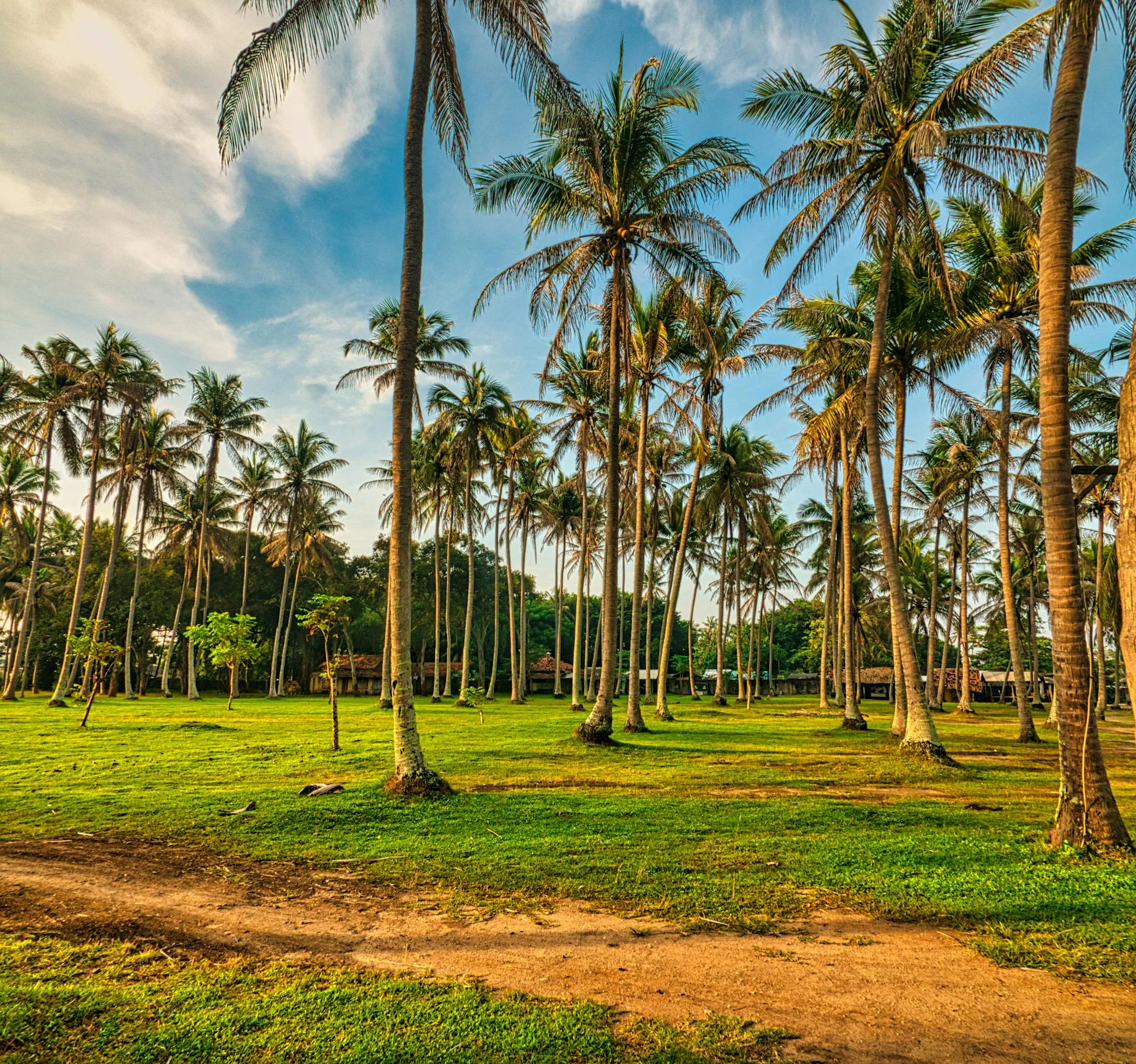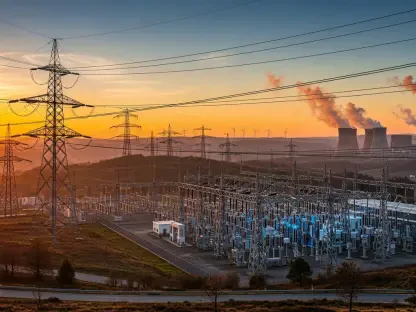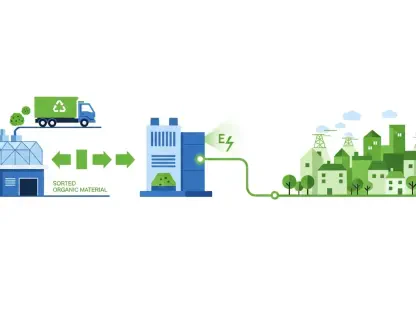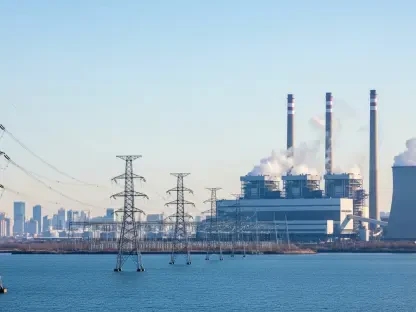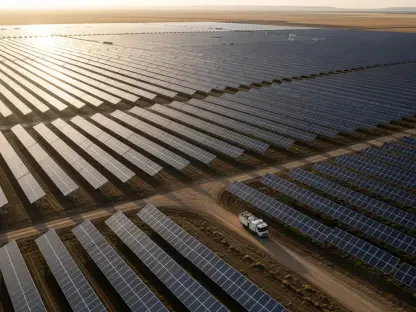Setting the Stage for a Shifting Palm Oil Landscape
Indonesia, as the world’s leading producer and exporter of palm oil, has sent shockwaves through global markets with its ambitious B50 biodiesel plan, mandating a blend of 50% fatty acid methyl ester (FAME) primarily sourced from palm oil. This policy, aimed at boosting domestic consumption, comes amidst growing pressures from international environmental regulations like the European Union Deforestation Regulation (EUDR). The stakes are high: palm oil is not just a commodity but a cornerstone of Indonesia’s economy, and any shift in its trade dynamics could ripple across edible oil and biofuel sectors worldwide. This analysis seeks to dissect the market implications of this bold strategy, exploring how it might reshape supply chains, influence pricing, and alter competitive landscapes.
Diving Deep into Market Trends and Projections
Policy-Driven Shifts in Domestic Consumption
The B50 biodiesel plan marks a significant pivot for Indonesia, prioritizing domestic use over traditional export markets. Historically, export revenues have driven the palm oil industry, with key destinations including the European Union and India. However, with the B50 mandate, a substantial portion of palm oil production could be redirected internally for biodiesel, potentially reducing export volumes by a notable margin. Market analysts project that if fully implemented, this policy could divert up to 20% of current export supply into domestic channels over the next two years, from 2025 to 2027. Such a shift may tighten global supply, pushing prices upward for importing nations reliant on Indonesian palm oil.
Global Regulatory Pressures and Market Access Risks
International regulations, particularly the EUDR, add another layer of complexity to the market outlook. The EUDR imposes strict sustainability criteria, threatening to exclude non-compliant palm oil from the EU market, which accounts for a significant share of global demand. Industry observers note that Indonesia’s focus on domestic biodiesel may heighten tensions with importing regions, as a reduced export focus could signal a retreat from meeting international sustainability standards. This risks creating a perception of palm oil as less reliable, potentially driving buyers toward alternative vegetable oils like soybean or rapeseed, which could gain market share at palm oil’s expense in the coming years.
Regional Dynamics and Competitive Implications
Beyond Indonesia, regional trends in Southeast Asia further complicate the market forecast. Malaysia, the second-largest palm oil producer, is also advancing its B30 biodiesel mandate, reflecting a broader regional trend toward domestic consumption. This synchronized shift could amplify global supply constraints, with combined export reductions from both nations possibly leading to a 15-25% shortfall in available palm oil for international trade by 2027. Competitors in other regions, such as South American soybean oil producers, stand to benefit from this gap, potentially reshaping long-standing trade patterns and increasing price volatility in the edible oil sector.
Sustainability Narratives and Market Perceptions
Market sentiment around palm oil is heavily influenced by environmental narratives, particularly accusations of deforestation. Despite data indicating a decline in primary forest loss in Indonesia and Malaysia, with both nations maintaining over 50% forest cover, the stigma persists under frameworks like the EUDR, which categorize these countries as higher risk compared to others with less forest coverage. This perceived inequity in regulatory treatment could dampen investor confidence in palm oil futures, as buyers and financial stakeholders weigh the risks of association with a commodity under such scrutiny. The challenge for producers lies in countering these perceptions through robust sustainability certifications to maintain market relevance.
Reflecting on Key Findings and Strategic Pathways Forward
Looking back, this analysis highlighted how Indonesia’s B50 biodiesel plan poses significant challenges to the global palm oil trade, with potential supply shortages and price spikes emerging as critical concerns. The interplay between domestic policy shifts and international regulatory frameworks revealed a market at a crossroads, where sustainability and economic priorities often clash. Regional trends, particularly Malaysia’s parallel biodiesel push, compound the risk of reduced global availability, while negative perceptions threaten long-term demand. Moving forward, stakeholders need to prioritize strategic diversification, exploring alternative markets in Asia and Africa to offset potential losses in traditional regions like the EU. Investment in technology for enhanced traceability and sustainability certification emerges as a vital step to rebuild trust among importers. Additionally, advocacy for equitable environmental policies becomes essential to ensure that producing nations are not disproportionately burdened. These actionable measures offer a roadmap to navigate the evolving landscape, balancing economic imperatives with global environmental goals.
